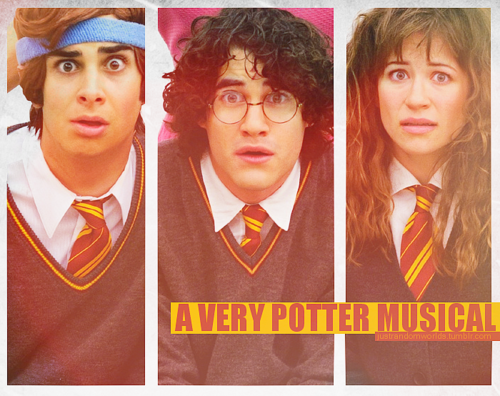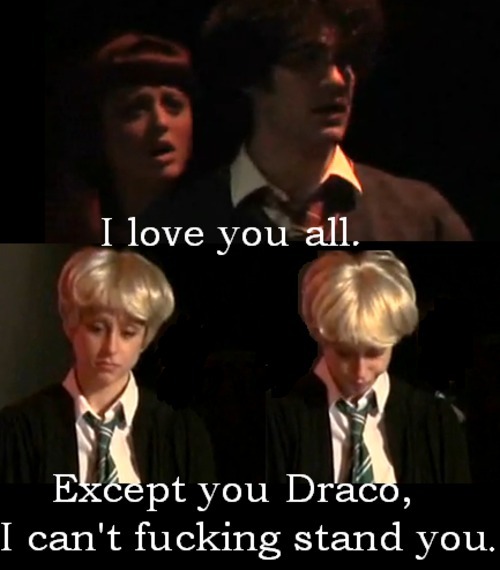Title: Packing for Mars: The Curious Science of Life in the Void
Author: Mary Roach
Edition: Hardcover
Publisher: W.W. Norton & Co. (2010)
Pages: 334
How I Came By This Book: After reading Stiff: The Curious Lives of Human Cadavers, I got interested in reading more of Roach's books. This was the only other one that my library had.
Challenges: GoodReads 2011 Reading Challenge
Synopsis: Space is a world devoid of the things we need to live and thrive: air, gravity, hot showers, fresh produce, privacy, beer. Space exploration is in some ways an exploration of what it means to be human. How much can a person give up? How much weirdness can they take? What happens when you can't walk for a year? have sex? smell flowers? What happens if you vomit in your helmet during a spacewalk? Is it possible for the human body to survive a bailout from space? To answer these questions, space agencies set up all manner of quizzical and startlingly bizarre space simulations. As Mary Roach discovers, it's possible to preview space without ever leaving Earth. From the Space Shuttle training toilet to a crash test of NASA's new space capsule (cadaver filling in for astronaut), Roach takes us on a surreally entertaining trip into the science of life in space and space on Earth.
Review: I've always been interested by science, specifically astronomy and earth science. Had my math and science scores been better, I may even have considered a career in a scientific field. While that didn't happen, it is still possible for me to explore topics that interest me through books. Which is why I'm infinitely grateful that I've discovered Mary Roach, who writes funny and informative books about science in such a way that even those of us who aren't scientists can understand.
In Packing for Mars, Roach explores the topic of space exploration...without the space. Sure, she tells stories about the first people (and animals) to launch into orbit or go to the moon, but this book is more about the earth-bound science that happens before a mission into space is undertaken. This includes things as out-of-the-ordinary as space vehicles, scientific equipment, and zero-gravity, as well as the more mundane things, such as eating and going to the bathroom. Nothing is off-limits to Roach, who gives as much weight and consideration to the specifics of carnal pursuits in space as she does to how to safely escape from a malfunctioning space craft. And she keeps you laughing the entire time.
I was highly impressed by Stiff, which looked at the various functions which cadavers can serve in the scientific fields, so I was hoping that Packing for Mars would have the same humor and humanity. Roach didn't disappoint. She discusses science, yes, but she also discusses people; not just the astronauts that we all know and love, but the scientists, the volunteers, the average Janes and Joes who all make space exploration possible. She oscillates between irreverence and deep respect, unabashed humor and appropriate seriousness.
What's so much fun about Roach is that she's ready for anything, personally throwing herself into hands-on research--going on parabolic flights to experience zero-gravity, drinking treated urine to see what astronauts might be drinking if they go to Mars, traveling by ATV to a testing site on Devon Island to observe research on vehicles that could be used on the moon. She doesn't sit in an armchair and just regurgitate what she reads in books. She does her own investigations; she hunts down the truth regarding various rumors and myths; she allows herself to become completely immersed in her current topic of study.
She's also a great writer. Roach is capable of informing and entertaining simultaneously. She's never condescending, she's easy to understand, and her books tend to be quick reads because they're never boring. Space toilets become fascinating when she writes about them, especially when accompanied by her often-self-deprecating and always endearing sense of humor. People who are a little put off by the subject matter of Stiff may find that this book is a better fit for them and I recommend reading it if you're interested in Roach's approach to research and writing. She's definitely worth checking out.
One word of warning for people with motion sickness: There is an entire chapter devoted to the study and treatment of motion sickness in astronauts. I'm one of those people who can get motion sick by just watching something spin. Some of the descriptions of the methods used to study motion sickness are in depth and, you guessed it, they made me nauseous. I managed to finish the chapter, mostly because I found it fascinating, but I was a little dizzy for a while afterward. Just thought I'd give you all a head's up in case any of you are like me.
I'm giving Packing for Mars 5 out of 5 Gabriels. It's a great book and, with the end of the Space Shuttle era having arrived, it's an enjoyable take on a relevant and interesting topic.
-Gabe






















